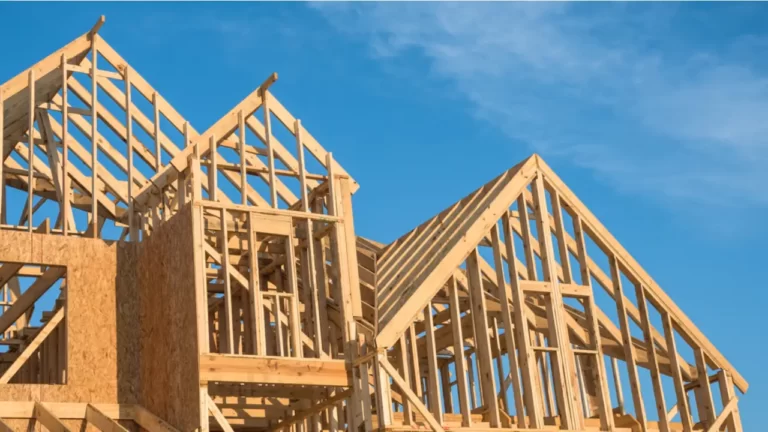Cash-out refinancing is an option for homeowners who want to tap into their home’s equity. It allows them to refinance their existing mortgage for a higher amount than what they owe and receive the difference in cash. The cash can be used for a variety of purposes, such as home improvements, paying off high-interest debt, or financing large purchases. But many homeowners wonder if cash-out refinance rates are higher than the rates for a standard refinance. In this article, we’ll explore this question and provide you with the information you need to make an informed decision.
What is a cash-out refinance?
A cash-out refinance is a type of mortgage refinancing that allows homeowners to borrow against their home’s equity. Equity is the difference between what the home is worth and what the homeowner owes on the mortgage. For example, if a home is worth $400,000 and the homeowner owes $200,000 on the mortgage, they have $200,000 in equity. With a cash-out refinance, the homeowner can refinance the mortgage for more than what they owe and receive the difference in cash.
Are cash-out refinance rates higher than standard refinance rates?
The short answer is yes. Cash-out refinance rates are typically higher than the rates for a standard refinance. The reason for this is that cash-out refinancing is a riskier proposition for lenders. When a homeowner takes out a cash-out refinance, they are increasing the amount of debt they owe on their home. This increases the lender’s risk because there is more money at stake if the homeowner defaults on the loan.
In addition to the increased risk, lenders may also charge higher rates for cash-out refinancing because of the additional work involved. With a standard refinance, the lender is simply replacing the old mortgage with a new one. With a cash-out refinance, the lender must also determine the value of the home and the amount of equity the homeowner has. This requires additional work and may result in higher fees or rates.
How much higher are cash-out refinance rates?
The amount by which cash-out refinance rates are higher than standard refinance rates will vary depending on the lender and the borrower’s credit score. Generally speaking, cash-out refinance rates can be 0.125% to 0.5% higher than standard refinance rates. For example, if standard refinance rates are currently 3%, cash-out refinance rates may be 3.125% to 3.5%.
It’s important to note that these rates are just estimates and may not apply to every borrower. Your credit score, debt-to-income ratio, and other factors will also impact the rate you receive. To get an accurate rate quote, it’s best to shop around and get quotes from multiple lenders.
Should you still consider a cash-out refinance?
Despite the higher rates, a cash-out refinance may still be a good option for some homeowners. If you have a high amount of equity in your home and need cash for a major expense, such as home improvements or paying off high-interest debt, a cash-out refinance may be a good choice.
It’s important to weigh the costs and benefits of a cash-out refinance and compare it to other options, such as a home equity loan or personal loan. Consider the interest rates, fees, and repayment terms of each option before making a decision.
Conclusion
Cash-out refinance rates are typically higher than the rates for a standard refinance. This is because cash-out refinancing is a riskier proposition for lenders and requires additional work. However, a cash-out refinance may still be a good option for homeowners who need cash for major expenses and have a high amount of equity in their home. It’s important to weigh the costs and benefits and compare it to the rates of a standard refinance.
It is also vital to check your middle credit score to ensure you position yourself ideally with a credit score that allows you to avoid the traditional high fees, rates to even points that are often a result a of lenders’ guidelines for consumers with a low middle credit score. Middle Credit Score® ensures consumers’ middle credit score is strong, avoiding the pitfalls associates with a lender’s high guidelines. once your middle credit score is positioned, Middle Credit Score® will often align consumers with one of their many lender affiliates.







